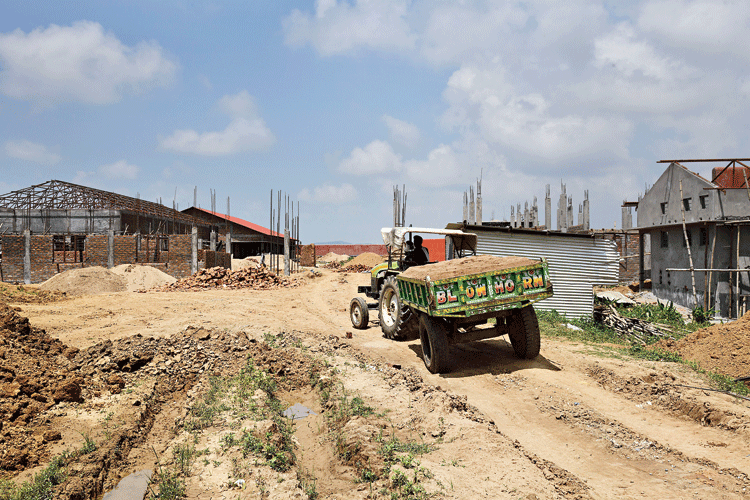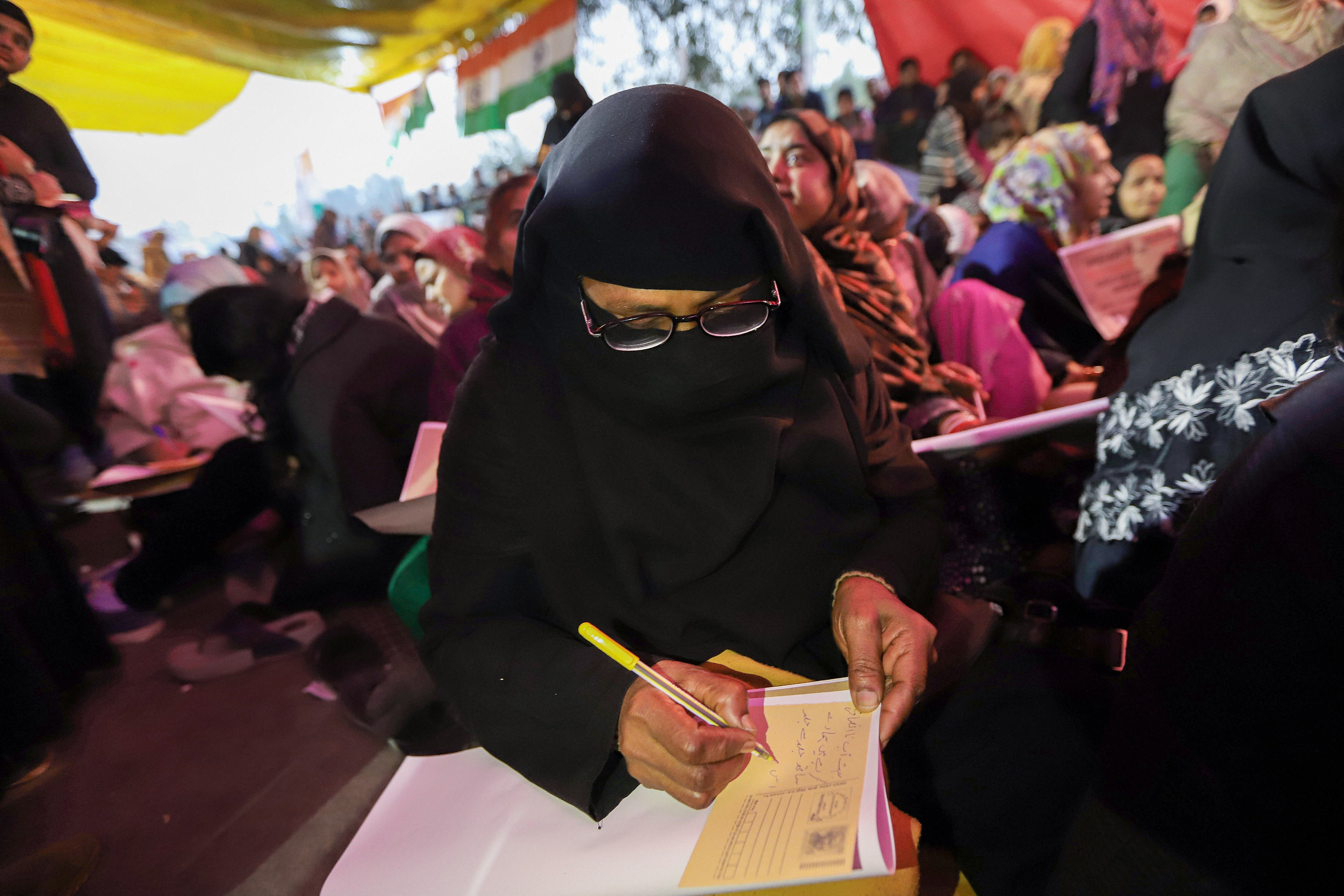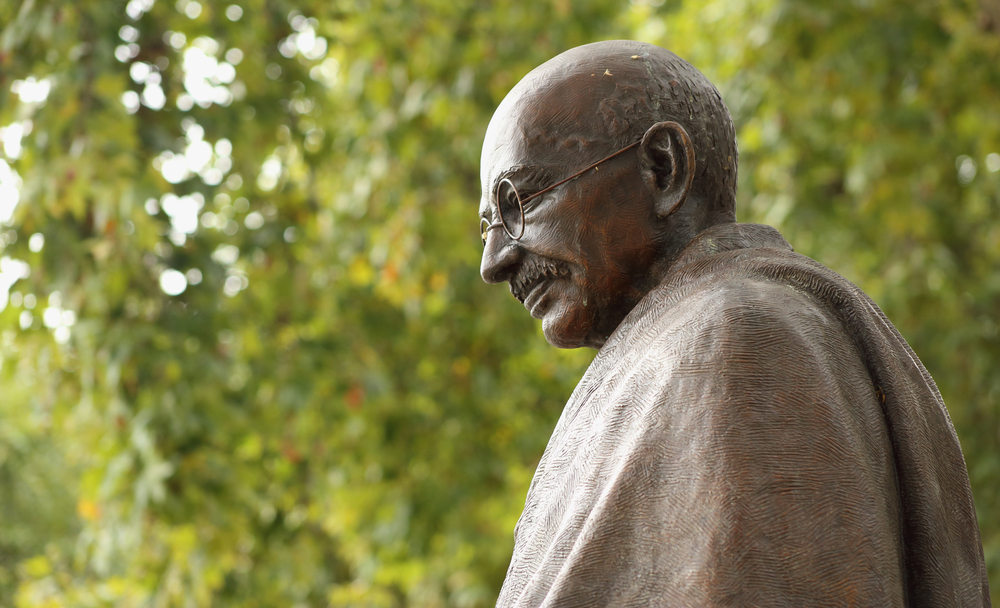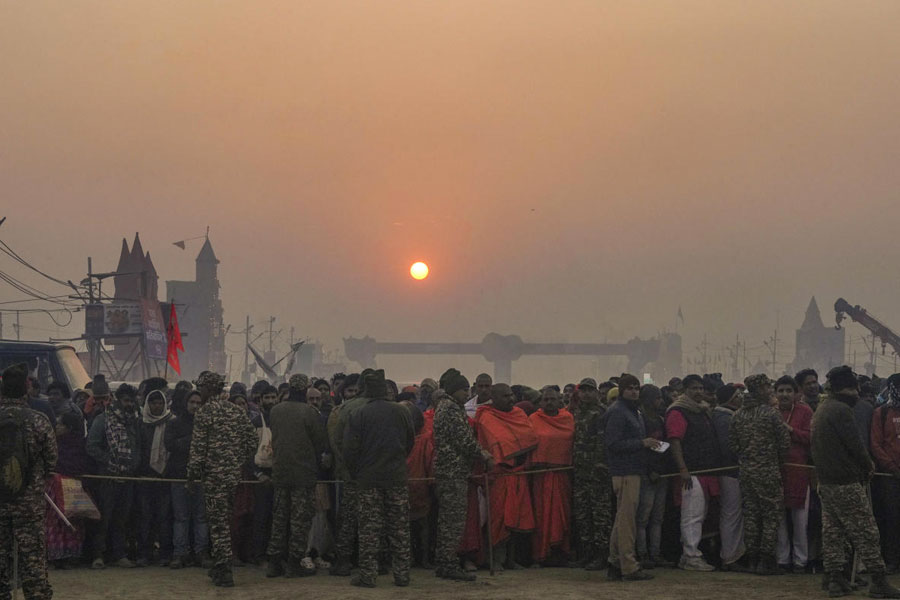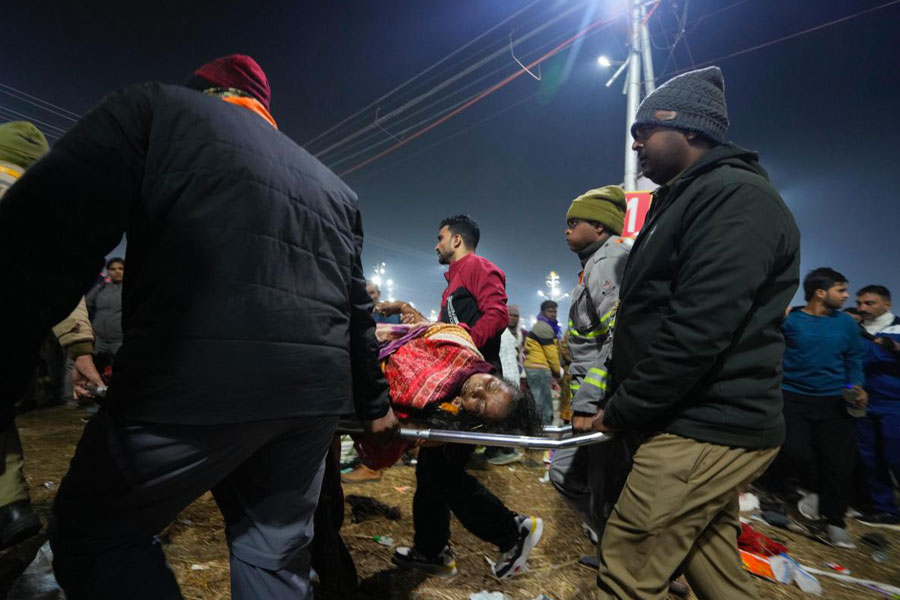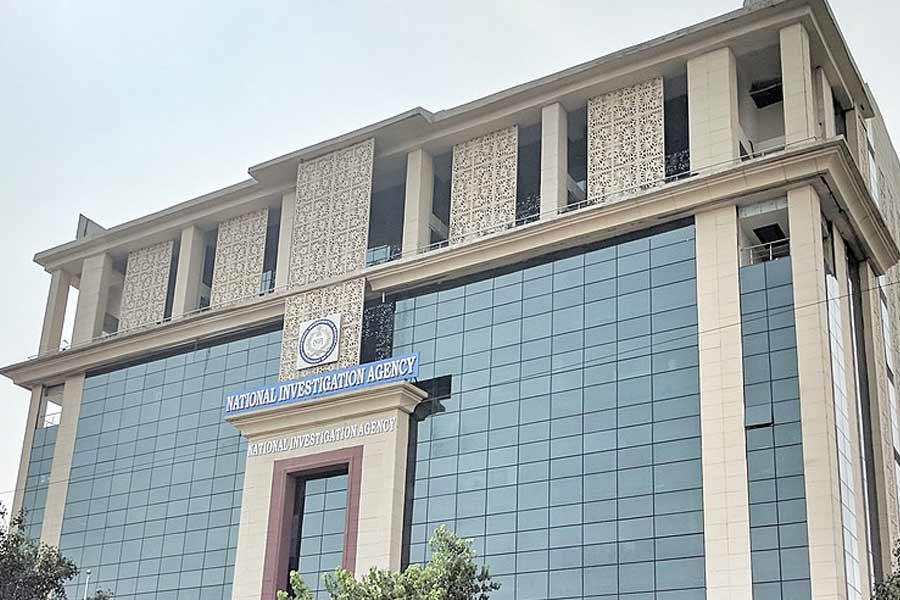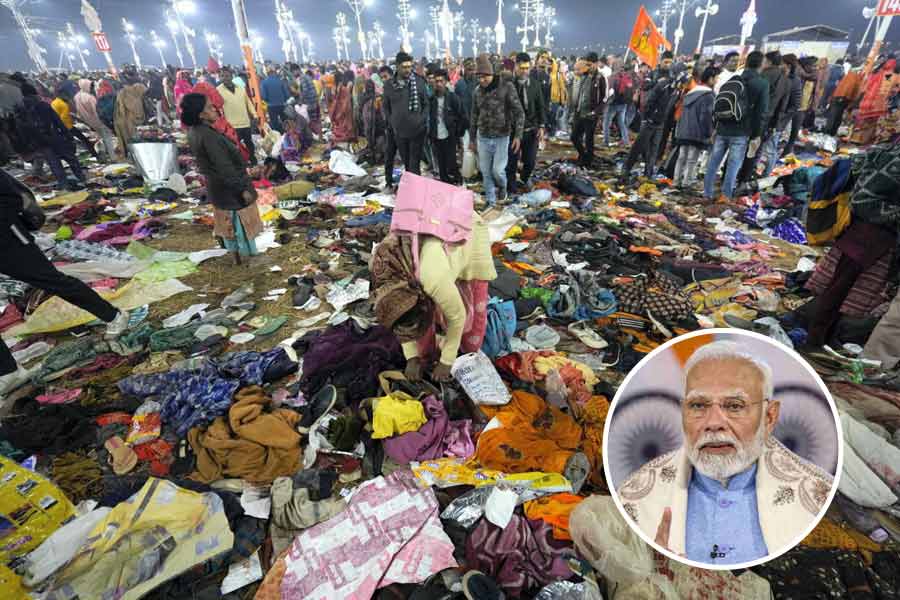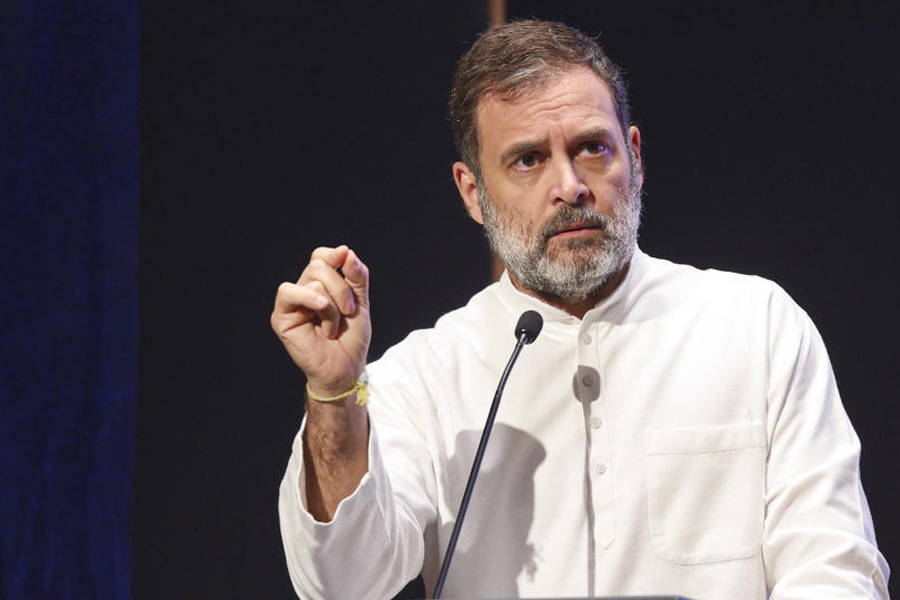As the country heaved over protests surrounding universities and an amended citizenship law this month, a tragic contour unfolded in Assam with the death of a daily wager belonging to an indigenous community. Naresh Koch, who was apprehended and taken to the Goalpara detention centre in March 2018, was declared a “foreigner” in June 2017 by a foreigner’s tribunal in an ex parte order. He died on January 3, bringing the death toll of declared foreigners at a detention centre in three years to 29.Surely the irony of an oxymoron like ‘indigenous foreigner’ cannot be lost on any sane citizen.
The Union home ministry had informed Parliament on November 27 last year that there were close to 1,000 “foreigners” in the six detention centres in Assam, the only state in the country where the National Register of Citizens has been completed amid misgivings. The junior home minister, Nityanand Rai, said that from 2016 to October 13, 2019,
28 detainees had died either in the camps or in hospitals, although he asserted that all basic facilities, including medical care, were being provided to the “foreigners” at the detention centres in Assam.
“The basic facilities include food, clothing, daily newspapers, television in every ward, sports facilities, cultural programmes, library, yoga and meditation,” he said. Apart from regular health check-ups, indoor hospital facilities are available in every detention centre along with medical staff. Medicines are provided by the district health services authorities. Emergency medicines are purchased locally in specific cases, if required. The Assam government has spent Rs 4.74 crore from 2009-10 to 2017-18 on the camps, Rai told the House.
The reality is far from this rosy-hued narrative. The human rights activist, Harsh Mander, one of the first to visit detention camps in Assam as a special monitor of the National Human Rights Commission in 2018, recounted: “We visited two detention centres in Goalpara and Kokrajhar and spoke at length with the detainees... We found that these detention centres lie on the dark side of both legality and humanitarian principles.”
His report added: “On our visit to the two camps — the one in Goalpara for men and the facility in Kokrajhar for women and children — we encountered grave and extensive human distress and suffering. Each centre has been carved out of a corner of a jail. Here, the detainees are held for several years, in a twilight zone of legality, without work and recreation, with no contact with their families save for rare visits from relatives, and with no prospect of release.
In a jail, inmates are at least permitted to walk, work and rest in open courtyards. But the detainees are not allowed out of their barracks even in the day.” The detainees we spoke to said education for children was almost non-existent.
In February 2014, Narendra Modi had promised at an election rally in Assam that if the Bharatiya Janata Party came to power, it would close the camps. He also advocated the removal of the “D” (doubtful voter) tag against 1.43 lakh oters before the polls. The BJP did come to power. But he D voters remain. As for the camps, although last month the prime minister had denied their existence, they are set to multiply, with an outsized one being readied to accommodate 3,000 inmates in Goalpara district.
Being labelled a foreigner in one’s own land and jailed not for a crime but the inability to produce legacy papers is possibly the most strident renunciation of human rights. With the spectre of the NRC and the Citizenship (Amendment) Act looming over Indians, the pathetic plight of detainees comes as a horrifying reminder of what lies in store. It is hardly any wonder that the Centre’s strong-arm tactics have triggered spontaneous protests, catalysing an unprecedented unity drive across the country.

